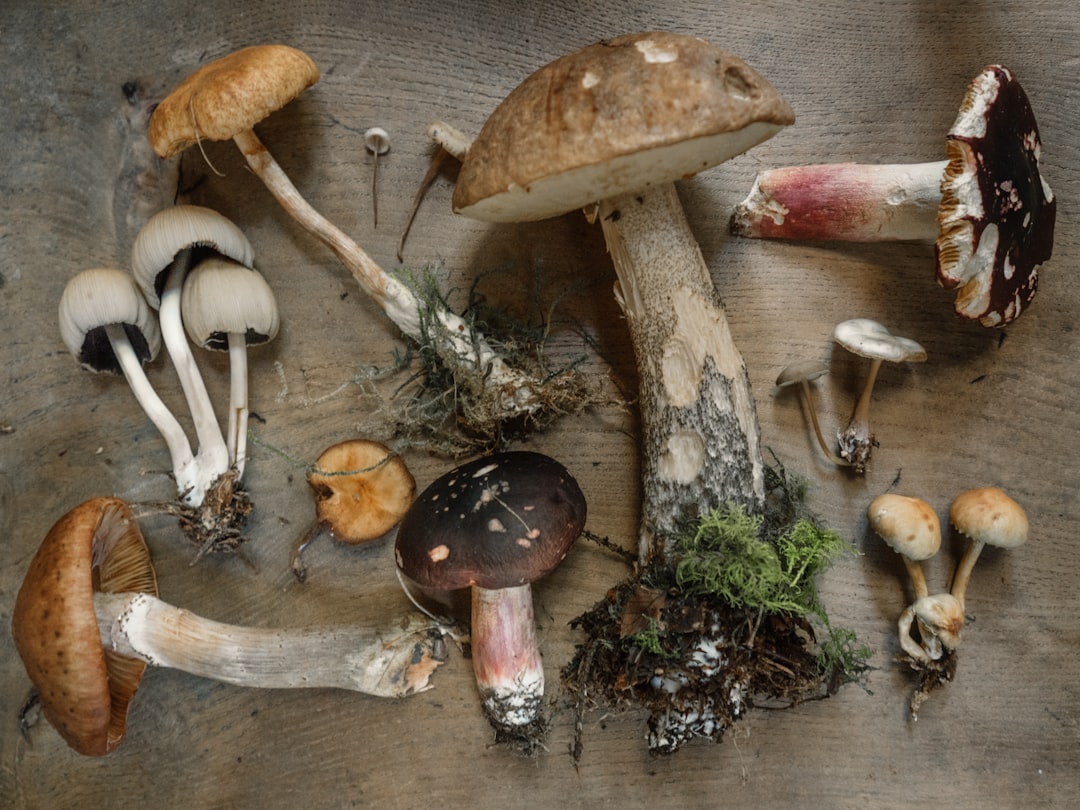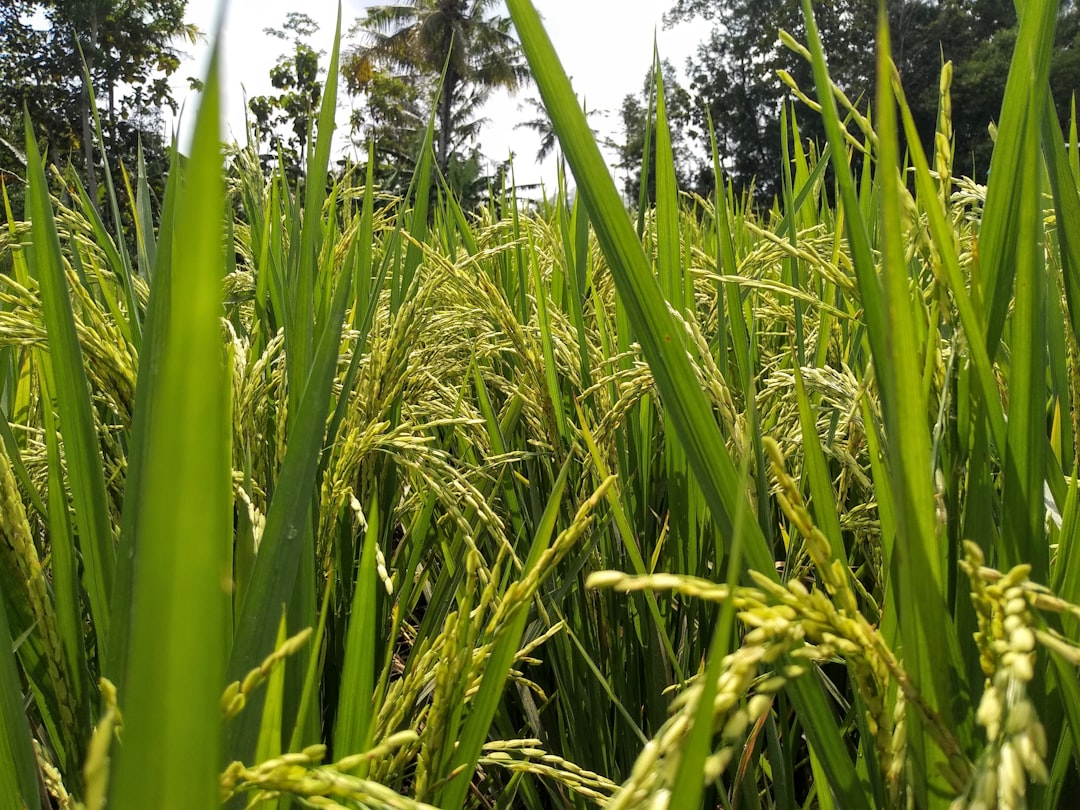What is it about?
Acacia longifolia is one of the most widespread invasive plants in coastal areas of Portugal, where it disrupts the composition and function of natural plant and insect communities as well as microorganisms in the soil. The Australian bud-galling wasp, Trichilogaster acaciaelongifoliae, induces a reduction in seed production of A. longifolia and has been successfully used as a biological control agent in South Africa for more than 30 years. After a long period of host specificity testing and risk assessment, release permits were issued by national and European Union authorities and, in late 2015, T. acaciaelongifoliae was released into eight selected sites along the Portuguese coast. During April–July 2016, postrelease monitoring detected 56 galls at four of the release sites. At two of the sites second-generation galls were noted in January 2017, but it is still too soon to measure their abundance. Despite the inherent difficulties associated with transferring the insects between hemispheres, T. acaciaelongifoliae successfully completed its life cycle in Portugal in the wild and is seemingly starting to proliferate. Further releases were made in late 2016 and monitoring of the insects will continue.
Featured Image
Read the Original
This page is a summary of: First report of the establishment of the biocontrol agent Trichilogaster acaciaelongifoliae
for control of invasive Acacia longifolia
in Portugal, EPPO Bulletin, April 2017, Wiley,
DOI: 10.1111/epp.12373.
You can read the full text:
Contributors
The following have contributed to this page










